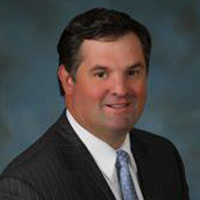 Central City Misdemeanor Lawyers, Kentucky
Central City Misdemeanor Lawyers, Kentucky
Not enough matches for Central City Misdemeanor lawyer.
Below are all Central City Criminal lawyers.
Sponsored Lawyers
1-10 of 14 matches
Accident & Injury, Criminal, Divorce & Family Law, Estate, Real Estate
EXPERIENCED HOPKINSVILLE LAWYER At the law office of Chewning & Chewning, we are strong advocates for the legal rights of individuals and families in Hopkinsville, Kentucky, and the surrounding communities, as well as military families stationed at nearby Fort Campbell. Our law firm is built upon a commitment to professional reliability and fairness, and we take pride in providing exceptional legal services to our clients. COMPREHENSIVE PERSONAL INJURY, CRIMINAL DEFENSE AND FAMILY LAW SERVICES Establishing an effective attorney-client relationship is crucial to achieving a successful outcome in any case. Whether we are litigating a personal injury claim for an accident victim, defending against a DUI arrest charge or settling a divorce case, we devote a high level of attention and care to every case. We are dedicated to helping individuals and families face and overcome life's most challenging situations. With more than 30 years of experience, we have the resources and knowledge to guide you through complex legal processes and reach effective solutions that meet your legal and personal goals. If you suffered injuries in an accident caused by the negligence of another person, trust an experienced personal injury lawyer in Hopkinsville to defend your rights and secure the financial compensation you need. We aggressively protect the best interests of injured victims throughout the area. Through skillful negotiation and assertive litigation, we help ensure you receive the full extent of compensation you deserve.
(more)




